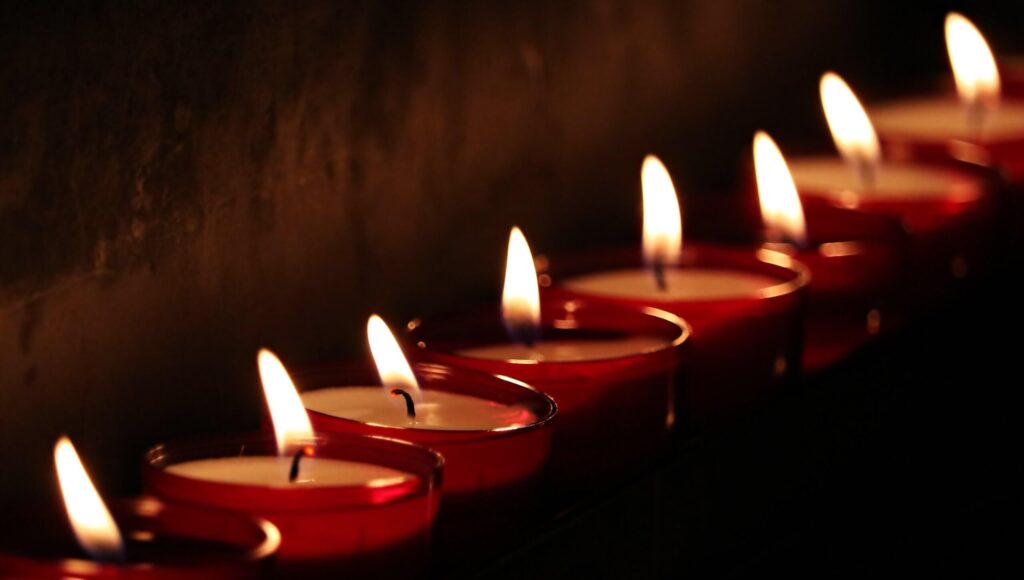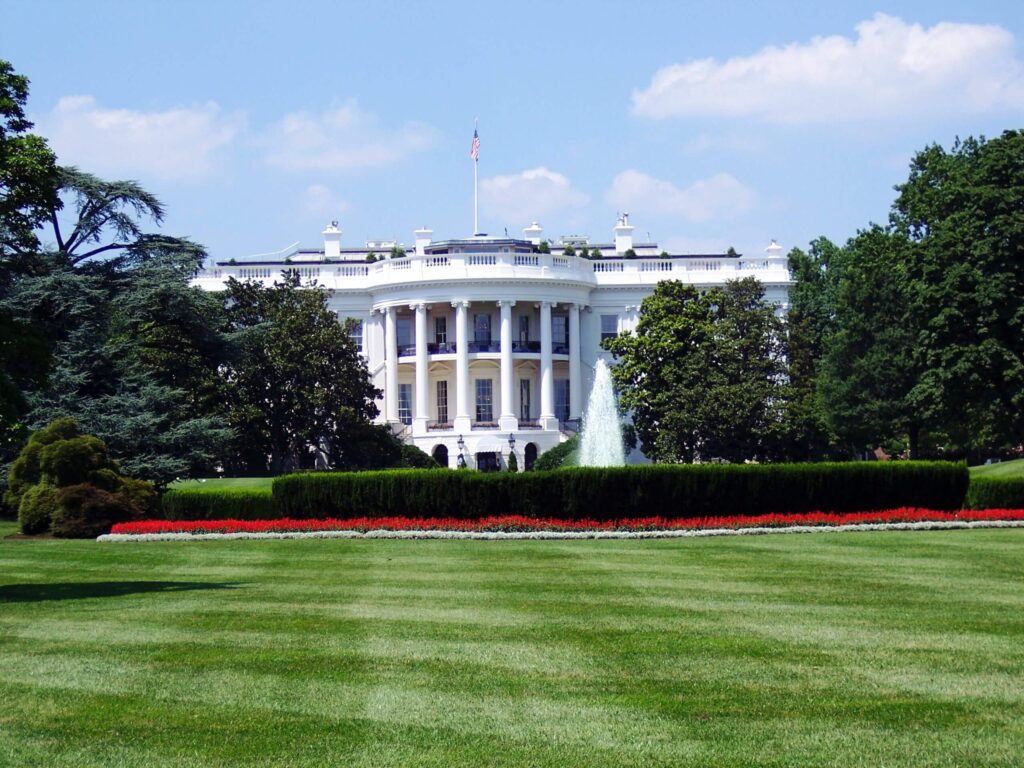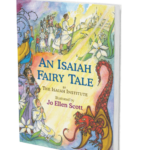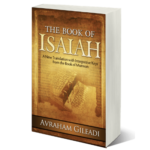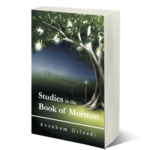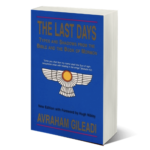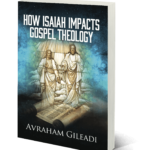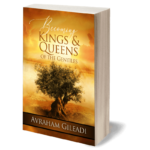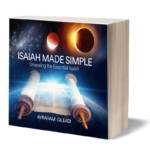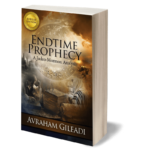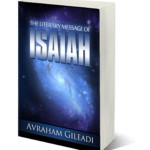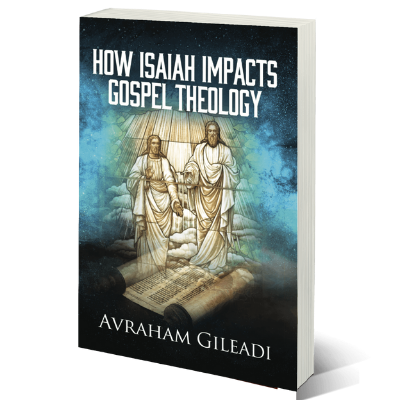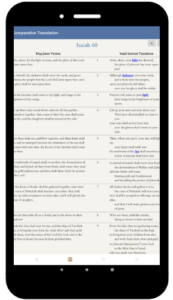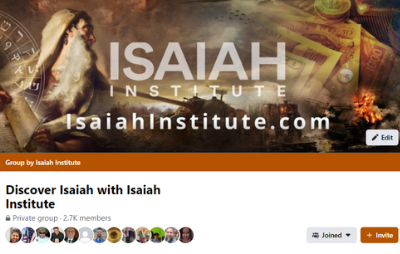Many who read in the scriptures of people “fighting against Zion” may assume they refer only to non-members of the church. A search, however, may disabuse our minds on that subject. First, “He that fighteth against Zion, both Jew and Gentile, both bond and free, both male and female, shall perish; for they are they who are the whore of all the earth” (2 Nephi 10:16). Those who fight against Zion, in other words—whatever name they go by—belong to the great and abominable church of the devil, which “fight[s] against the Lamb of God” (1 Nephi 14:13).
Second, the name “Zion” identifies a spiritual category of people who attain Zion status, also known as God’s elect. Because the idea of “fighting against Zion” comes from Isaiah (Isaiah 29:8), his definition of Zion deserves precedence: “Awake, arise; clothe yourself with power, O Zion! Put on your robes of glory, O Jerusalem, holy city. No more shall the uncircumcised and defiled enter you. Shake yourself free, rise from the dust; sit enthroned, O Jerusalem. Loose yourself from the bands around your neck, O captive Daughter of Zion” (Isaiah 52:1–2).
While this passage conveys the idea of rebirth or re-creation to a higher spiritual level, showing the transition of God’s people from a conditional Zion/Jerusalem category to an unconditional category of God’s elect, all upper spiritual levels of Isaiah’s ladder to heaven in actuality identify with Zion. In the above instance, the words “holy” (also “sanctified”) and “enthroned” define an exalted category of people, not a people simply saved from sin. That sanctification and enthronement follow on the heels of having suffered severe persecution from enemies.
The pivotal endtime event that leads to Zion’s empowerment, however, is the prior empowerment of God’s “arm” of righteousness: “Awake, arise; clothe yourself with power, O arm of Jehovah! Bestir yourself, as in ancient times, as in generations of old. Was it not you who carved up Rahab, you who slew the dragon? Was it not you who dried up the Sea, the waters of the mighty deep, and made of ocean depths a way by which the redeemed might pass? Let the ransomed of Jehovah return! Let them come singing to Zion” (Isaiah 51:9–11; emphasis added).
In this passage, the angel who led Israel’s ancient exodus out of Egypt now leads an endtime exodus from the four parts of the earth to Zion as a mortal (cf. Isaiah 11:10–12, 15–16; 43:5–8; 49:11–12). As one of two arms of God (Isaiah 51:5)—signifying divine intervention—God’s servant completes the entire restoration of God’s people Israel: “Wherefore, the Lord God will proceed to make bare his arm in the eyes of all the nations, in bringing about his covenants and his gospel unto those who are of the house of Israel” (1 Nephi 22:11; emphasis added).
When God bares his arm (ibid.), those who are of the house of Israel—the Jews, Ten Tribes, and Lehi’s descendants (1 Nephi 15:12–20; 3 Nephi 16:1–20)—gather in a new exodus to Zion (Isaiah 52:10–12; 3 Nephi 16:16–20; 20:29–46). At the very same time, however, the great and abominable church descends into the dust: “And all that fight against Zion shall be destroyed, and that great whore, who hath perverted the right ways of the Lord, yea, that great and abominable church, shall tumble to the dust and great shall be the fall of it” (1 Nephi 22:14).
Because Israel’s endtime restoration provokes all who belong to the great and abominable church to fight against Zion, God’s baring his arm and the events that follow form a test of the Gentiles’ loyalties. That test—“either to the convincing of them unto peace and life eternal, or unto the deliverance of them to the hardness of their hearts and the blindness of their minds unto their being brought down into captivity, and also into destruction, both temporally and spiritually, according to the captivity of the devil” (1 Nephi 14:7)—divides the Gentiles in two:
“Blessed are the Gentiles, they of whom the prophet [Isaiah] has written; for behold, if it so be that they shall repent and fight not against Zion, and do not unite themselves to that great and abominable church, they shall be saved; for the Lord God will fulfil his covenants which he has made unto his children; and for this cause the prophet has written these things. Wherefore, they that fight against Zion and the covenant people of the Lord shall lick up the dust of their feet; and the people of the Lord shall not be ashamed” (2 Nephi 6:12–13; emphasis added).
Jacob here differentiates between two kinds of Gentiles that Isaiah speaks of: (1) those who repent and serve as saviors to the house of Israel at the time God bares his arm; and (2) those who unite with the great and abominable church: “I will lift up my hand to the nations, raise my ensign to the peoples; and they will bring your sons in their bosoms and carry your daughters on their shoulders. Kings shall be your foster fathers, queens your nursing mothers. They will bow down before you, their faces to the ground; they will lick the dust of your feet” (Isaiah 49:22–23).
Those Gentiles to whom the gospel was restored through the prophet Joseph Smith (1 Nephi 15:13; 3 Nephi 16:4) who now harden their hearts and fight against Zion thus end up humiliated while those who help restore the house of Israel are exalted: “My servants shall eat indeed, while you shall hunger; my servants shall drink indeed, while you shall thirst; my servants shall rejoice indeed, while you shall be dismayed. My servants shall shout indeed, for gladness of heart, while you shall cry out with heartbreak, howling from brokenness of spirit” (Isaiah 65:13–14).
(From How Isaiah Impacts Gospel Theology, 91–93.)

